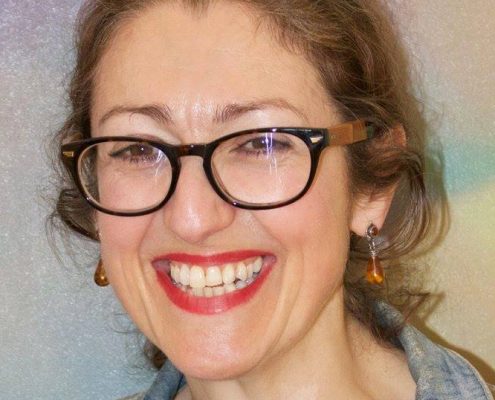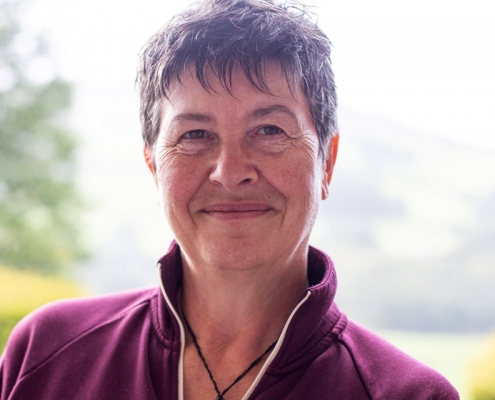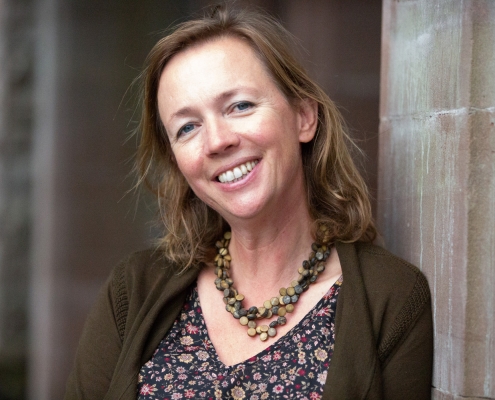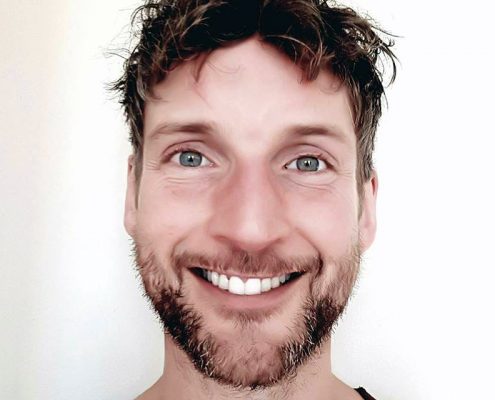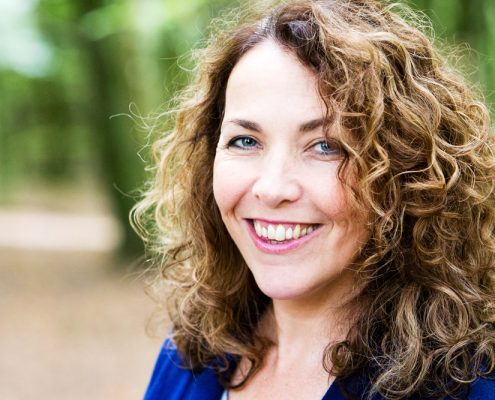Mark Hopfenbeck
Mark Hopfenbeck is a social anthropologist and assistant professor at the Norwegian University of Science and Technology and visiting fellow at London South Bank University.
Areas of interest
- Open Dialogue
- Mindfulness
- Communication
- Self-care and compassion
Mark Hopfenbeck is a Social Anthropologist, Open Dialogue and Mindfulness trainer. He is Assistant Professor at Norwegian University of Science and Technology, and Visiting Fellow at London South Bank University. Mark is also the Head trainer on the UK Peer Supported Open Dialogue Course, and co-investigator for the ODDESSI Open Dialogue trial. Mark says:
“When Open Dialogue was first developed, 30 years ago in Northern Finland, it was radical and new. It is no longer new, but it is still not widespread enough. The ability to respond immediately – being willing invest the time to create longterm relationships with people. Too many people get shoved between different agencies, and a core part of the Open Dialogue approach – is that the team will take responsibility for the long term, and will follow up with the person even after the crisis has passed. The values underpinning Open Dialogue is that it is radically person centred and person driven – anywhere, anytime and with anybody.
Mental healthcare should be the art of making lifelong relationships. When you help someone with something as personal and private and intimate as a mental health crisis, you have to be prepared to be with them over a long period of time – based not on a working relationship, but a human relationship.”
Mark is head trainer together with Russell Razzaque, Val Jackson, Cathy Thorley and Charmaine Harris for the Peer-supported Open Dialogue training run by North East London NHS Foundation Trust and co-investigator involved in the £2.3 million NIHR-funded ODDESSI trial which aims to transform the current model of health care for persons experiencing emotional distress.
Open Dialogue is a compassionate approach to mental distress that was developed in Western Finland in Lapland over the past 30 years. It involves working with the whole family or network, rather than just the individual.
In the 1980s, psychiatric services in Western Lapland were in a poor state and they had one of the worst incidences of the diagnosis of schizophrenia in Europe. Now they have the best documented outcomes in the Western World. For example around 75% of those experiencing psychosis who were treated with an Open Dialogue Approach returned to work or study within two years, and only 20% of them are still taking anti-psychotic medication at a two year follow up.
Remarkably, Open Dialogue is not an alternative to psychiatric services, it is the psychiatric service in Western Lapland.
Open Dialogue has been taken up in a number of countries around the world, including much of the rest of Scandinavia, Germay, some parts of Ireland and several States in America.
Mark is also a member of the Scientific Committee for HOPEnDialogue, a new International collaborative multicentre research project to evaluate the effectiveness of Open Dialogue in various mental health care contexts around the world. He is currently involved in projects looking at dialogical approaches to physical health, prison inmates return to the community and mental health in the workplace.
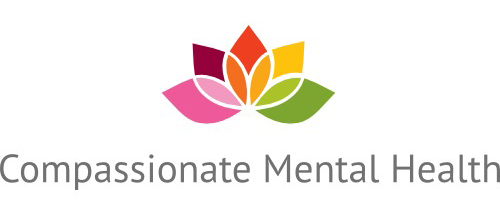
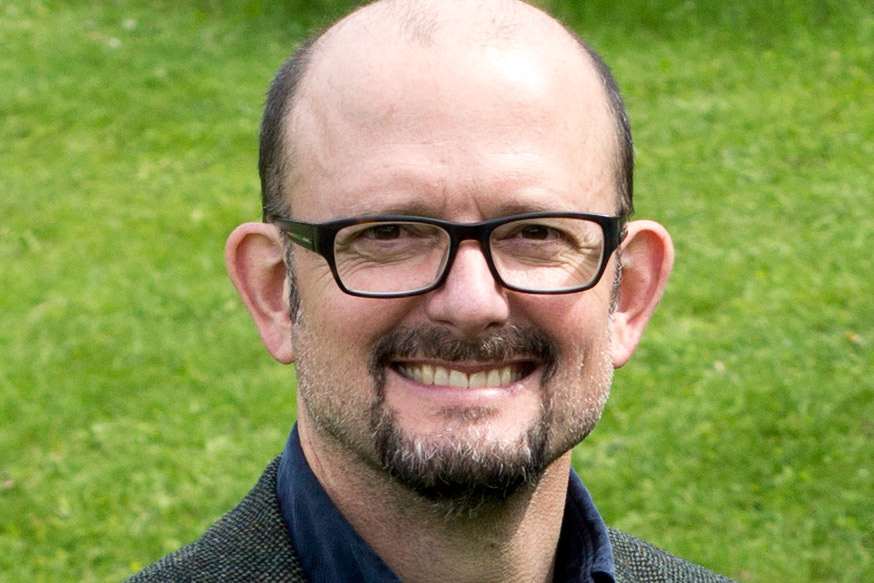
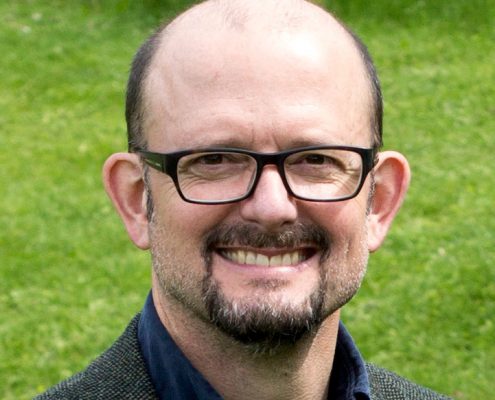
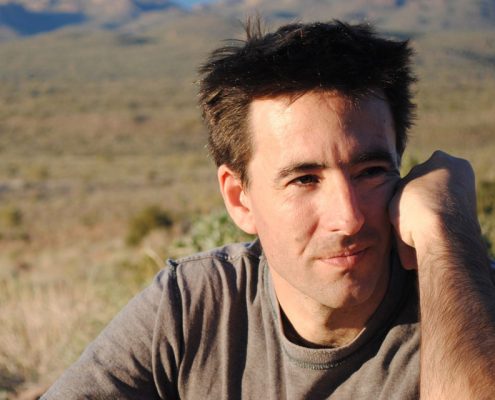
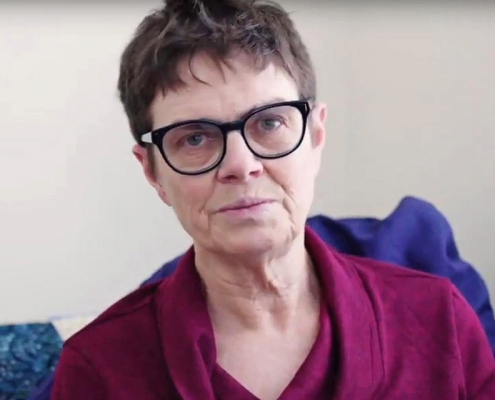
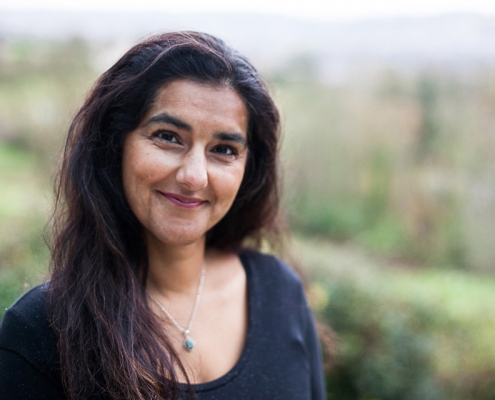 Skeena Rathor photo by Ruth Davey/Look Again www.look-again.org Photography for wellbeing of people and planet
Skeena Rathor photo by Ruth Davey/Look Again www.look-again.org Photography for wellbeing of people and planet